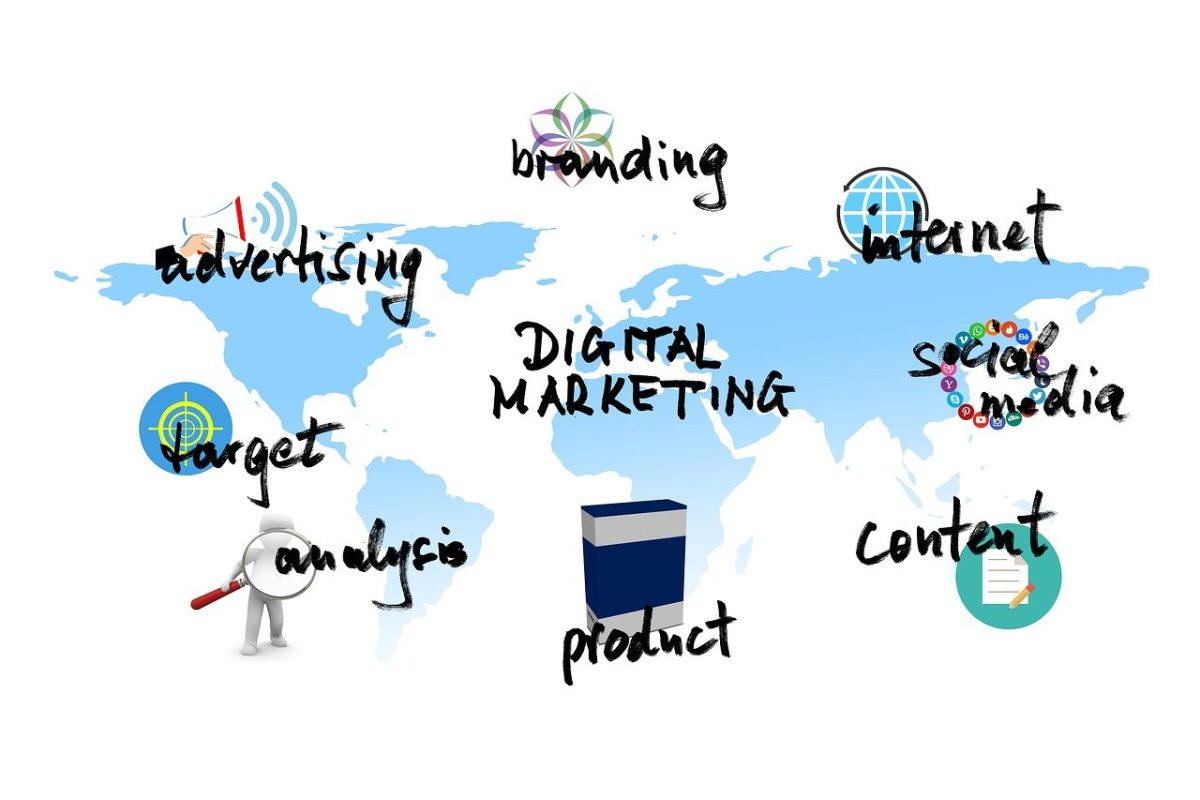In today’s healthcare landscape, patients are no longer passive participants. With instant access to information, reviews, and competing providers, they take an active role in researching before ever booking an appointment. Traditional marketing approaches—billboards, catchy ads, or short-term offers—simply don’t hold the influence they once did.
What truly guides patient decisions now is trust. People want to feel reassured that they’re choosing the right provider, and that confidence extends far beyond convenience or cost.
In short, trust has become the new currency in healthcare marketing. Whether it’s dentists, physicians, or specialists, the deciding factor for prospective patients is no longer location or price—it’s credibility.
The Shift in How Patients Choose Providers
In the past, choosing a doctor or dentist often came down to proximity, insurance coverage, or a neighbor’s referral. While those factors still matter, they no longer dominate the decision.
Today’s patients are:
- Informed. They search online for symptoms, treatment options, and providers long before reaching out.
- Skeptical. They don’t take marketing claims at face value and look for independent proof such as reviews and testimonials.
- Value-driven. They want professionals who demonstrate skill, care, and authenticity.
Take dentistry as an example. Someone looking for Invisalign won’t just pick the closest provider. They’ll compare multiple practices, looking for signs of expertise—such as educational blogs, real patient results, and strong reviews.
Why Trust Has Become the Deciding Factor
Healthcare decisions are deeply personal. Choosing a provider for a root canal or chronic condition is not the same as choosing where to buy a product. Patients seek reliability, reassurance, and care—not just low prices or quick service.
Trust influences every stage of the journey:
- Research. Patients use reviews and credibility markers to narrow options.
- Conversion. A practice that feels trustworthy is far more likely to receive a booking.
- Retention. Patients remain loyal when they feel secure with their provider.
- Referrals. Trusted providers earn recommendations from patients to friends and family.
For dental practices, this is especially critical. An anxious patient seeking an implant or extraction won’t risk choosing a provider with a weak online presence. They’ll choose the one that communicates professionalism, empathy, and authority.
The Modern Signals Patients Trust
Patients evaluate healthcare providers long before speaking with staff. The most influential trust markers include:
- Online Reviews
Reviews are often the first filter. A practice with 200 reviews at 4.8 stars inspires more trust than one with five perfect scores. In dentistry, feedback about friendliness, wait times, and treatment comfort heavily sways decisions. - Testimonials and Stories
Authentic patient stories carry more weight than marketing claims. A short video of a patient describing how dental implants boosted their confidence connects emotionally in ways copy cannot. - Professional Website and Educational Content
A polished, mobile-friendly website signals credibility. Adding blogs, treatment guides, and resources reinforces expertise. For example, a dentist publishing a guide on what to expect during an implant procedure positions themselves as both knowledgeable and patient-focused. - Social Media and Consistency
Patients cross-check providers across Google, Facebook, Instagram, and websites. A consistent voice, professional branding, and up-to-date content reinforce credibility. Gaps or outdated information can create doubt.
How Practices Can Build and Maintain Trust
Trust isn’t abstract—it can be developed and strengthened through deliberate action. Leading practices invest in long-term strategies that compound over time.
- Build Your Online Reputation
Encourage satisfied patients to leave reviews at the right time, such as after a positive treatment experience. Responding to all reviews shows gratitude and accountability. - Showcase Testimonials and Case Studies
Social proof reduces uncertainty. A short video about overcoming dental anxiety, or anonymized case studies in broader healthcare, provides reassurance and builds confidence. - Leverage SEO and Educational Marketing
Patients begin their search online. Ranking for “best family doctor near me” or “emergency dentist open now” ensures visibility at key decision moments. Paired with educational content, SEO positions your practice as authoritative and approachable. Unlike paid ads, the impact grows over time. - Train Your Team to Reinforce Trust
First impressions often come from phone calls or front desk interactions. Staff should know how to handle questions, express empathy, and build rapport. Well-trained teams dramatically increase conversion rates. - Be Transparent and Communicative
Clear explanations of treatment steps, pricing, and timelines reduce skepticism. A dentist explaining each stage of Invisalign treatment honestly sets realistic expectations and earns loyalty.
Why Trust Compounds Over Time
Unlike paid advertising, trust-based marketing has lasting value:
- A testimonial recorded today can inspire new patients for years.
- A high-ranking blog post continues attracting inquiries month after month.
- A reputation for outstanding care fuels steady word-of-mouth referrals.
Practices that consistently invest in reviews, staff training, and educational content don’t just learn how to get new patients—they also learn how to keep them. That’s what creates sustainable growth.
Conclusion
Trust is now the most valuable asset in healthcare digital marketing. Patients want more than affordability or convenience—they want providers who make them feel understood, safe, and respected.
For dentists, physicians, and specialists, long-term growth comes not from quick fixes or gimmicks but from deliberate trust-building: training staff, amplifying patient voices, nurturing online reputation, and creating educational resources.
The future of healthcare marketing is not about chasing trends—it’s about building trust. Practices that prioritize credibility and patient experience consistently outperform those looking for shortcuts.
